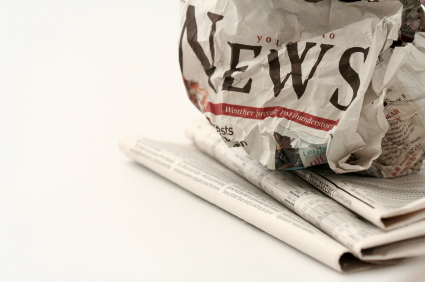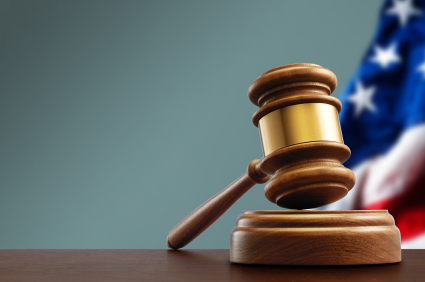Five Ways To Respond To Bad Press Before The Story Runs
This is an excerpt from my book, The Media Training Bible: 101 Things You Absolutely, Positively Need to Know Before Your Next Interview.
Although this section has dealt exclusively with crisis communications, it’s important to note that not all bad press results from a crisis. Sometimes, a reporter gets a key fact wrong, a columnist takes an unfavorable view of your political stance, or an arts critic disapproves of your museum’s new exhibit.
Lessons 91 and 92 will help you respond to negative media coverage that doesn’t result from a full-fledged crisis but that has the potential to negatively affect your brand. This lesson focuses on how to respond to bad press before the story runs.
You can’t always respond to stories before publication, since some run without reporters contacting you in advance. But reporters will often ask for your perspective before the story runs, and their questions may make it clear to you that they’ve drawn incorrect impressions. If you think you’re about to be the recipient of bad press, consider these five actions.
1. Detail the errors
Make a list of the reporter’s errors and explain why the story is wrong. Provide the reporter with the accurate information and cite your sources.
2. Ask to meet with the reporter
Little is more disarming than a spokesperson who asks to meet in person. It sends a message that you have nothing to hide and may make reporters reconsider their perspectives.
3. Take it up a notch
If you’re getting nowhere with the reporter, speak with his or her boss. That person bears greater responsibility for running accurate stories.
4. Get your lawyers involved
You may be able to get a story delayed, revised, or killed if you can demonstrate to the news organization that it is factually incorrect and could lead to a costly lawsuit.
5. Beat the press
In extreme cases, you might consider releasing your story before the reporter can. That may mean offering the story to a competing (and fairer) journalist or releasing it through your own social media channels. By beating the journalist to the story, you’ll be able to get your version of events out first and help control the narrative. But beware: If you pursue this strategy, the reporter may punish you in future coverage.
Tread carefully when considering lawsuits against news organizations, since legal cases often attract more headlines and keep damaging information in the headlines that much longer.
Can You Sue a News Organization for an Incorrect Story?
If you’re the target of an inaccurate news story, you may be able to sue the offending news organization. The information below comes from Erik M. Pelton & Associates, a law firm specializing in intellectual property and social media issues.
Libel and slander are legal terms for injuring another party by making harmful misstatements. Libel relates to statements made in print or online; slander applies to oral statements. Both are difficult to establish in the U.S., where the person suing has the burden of proof. Claims are easier to prove in many other countries, since the person accused of libel or slander has to prove that the disputed statement is true.
In order win a lawsuit in the U.S., the statement must have been negligently made and resulted in harm to the person defamed. Public figures have an even higher threshold to meet, and must show the person making the statement knew it to be false or had a reckless disregard for the truth.
To avoid being sued yourself, be sure that any negative statements you make about a specific individual or business are accurate—or are clearly identified as your opinion.
Click here for more information about The Media Training Bible: 101 Things You Absolutely, Positively Need to Know Before Your Next Interview.




